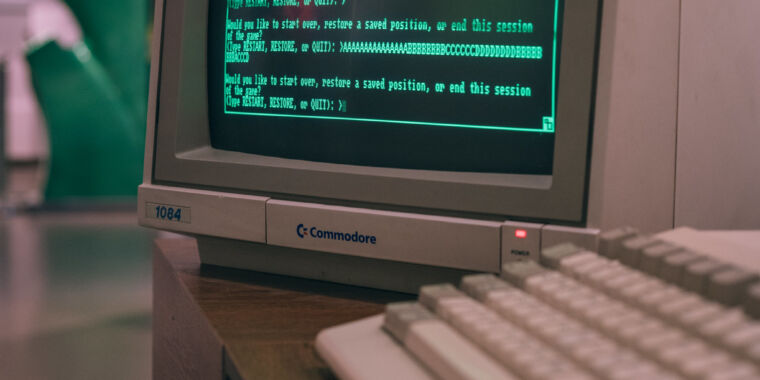
Amazon
Amazon is going through yet another round of layoffs, reports Computerworld, and once again the company’s devices-and-services division appears to be bearing the brunt of it. The layoffs will primarily affect the team working on Alexa, the Amazon voice assistant that drives the company’s Echo smart speakers and other products.
“Several hundred roles are impacted,” the company said in a statement, “a relatively small percentage of the total number of people in the Devices business who are building great experiences for our customers.”
Amazon says these layoffs result from “discontinue[d] initiatives” that have been discarded as the company invests more resources in generative AI products; the company didn’t specify exactly which initiatives were being discontinued. Amazon hasn’t released an AI-powered version of Alexa yet, but it showed “an early preview” of its efforts in September, “based on a new large language model that’s been custom-built and specifically optimized for voice interactions.”
So far, Amazon has promised faster response times, the ability to talk to Alexa without saying “Alexa” first, and a more conversational chat mode.
Amazon has always had trouble making money from Alexa, which was said to lose as much as $10 billion in 2022. Amazon’s Echo devices have been successful—analysts at Statista say that Amazon controls around two-thirds of the smart speaker market in the US as of January 2023, and the assistant is said to get “a billion interactions a week.” But the hardware is sold at cost, and people interact with Alexa mainly to play music or check the weather, not to spend money on Amazon or anywhere else.
It has been a tough year for Amazon’s devices division, which has already borne a large share of the 27,000 layoffs that the company has announced in the last 12 months. Longtime leader David Limp left the team, though he was replaced by former Microsoft Surface leader Panos Panay. And Amazon has reined in its hardware ambitions, pushing for cheaper devices and delaying or canceling other projects.
On top of that, the company was ordered to pay $46.7 million by a Delaware court that ruled that Alexa had violated another company’s patents.
Whether a generative AI version of Alexa can address all or any of these problems is an open question, but Amazon isn’t the only company betting on generative AI’s moneymaking potential. Microsoft has gone all in on generative AI this year—notwithstanding this week’s drama at OpenAI, the company behind most of the technology Microsoft uses—and Google is trying very hard. Apple has been quiet on this front in public, mentioning “AI” in passing or not at all in this year’s product announcements, but early reports indicate that Apple is working to build generative AI features into iOS 18, the next major version of the software.








